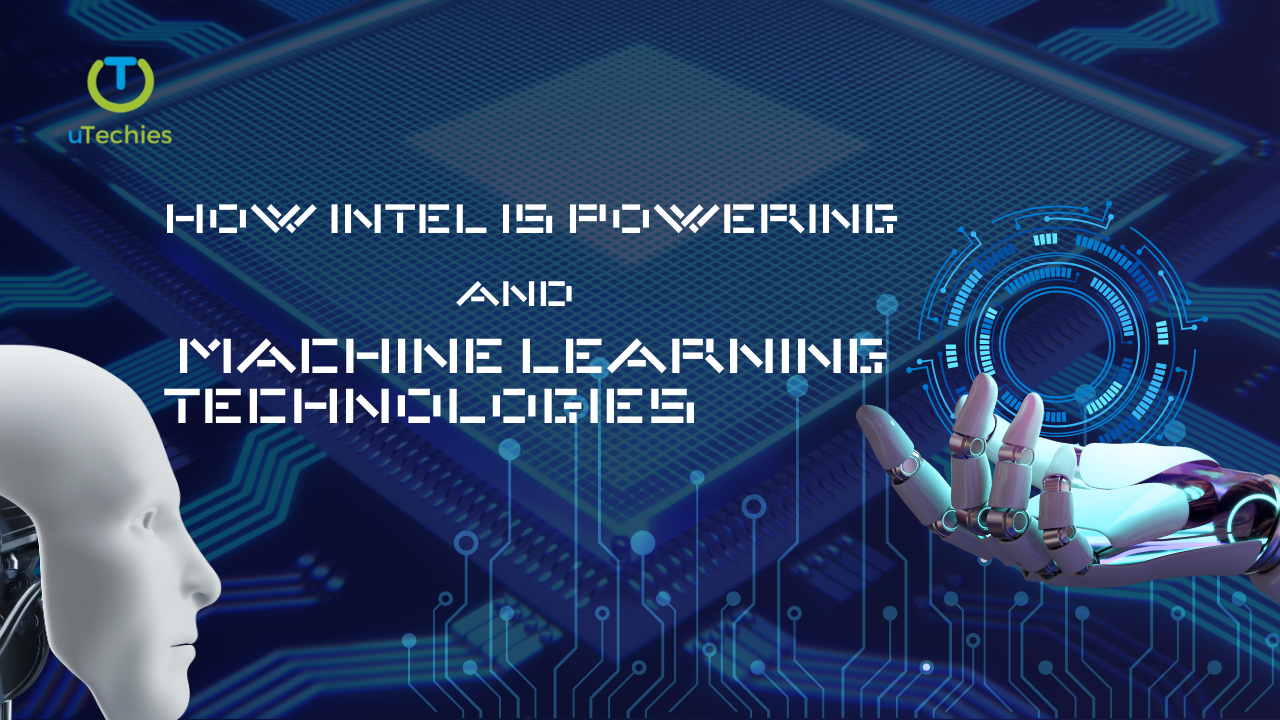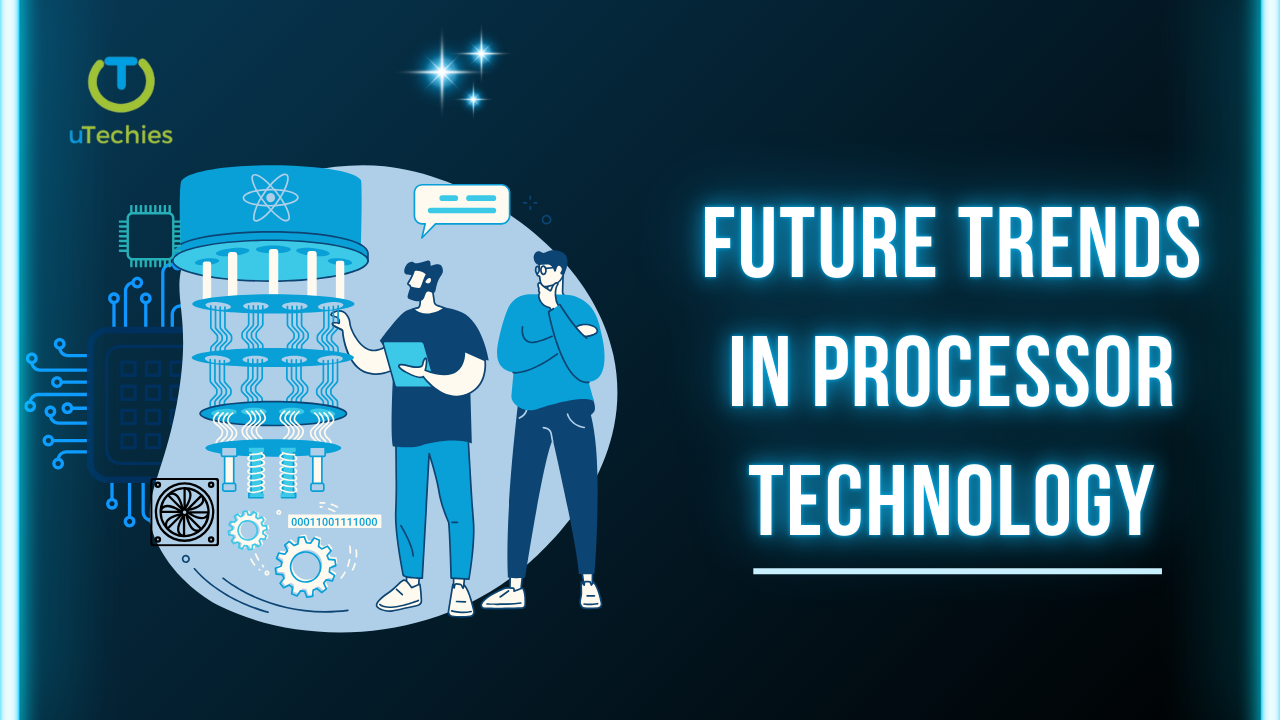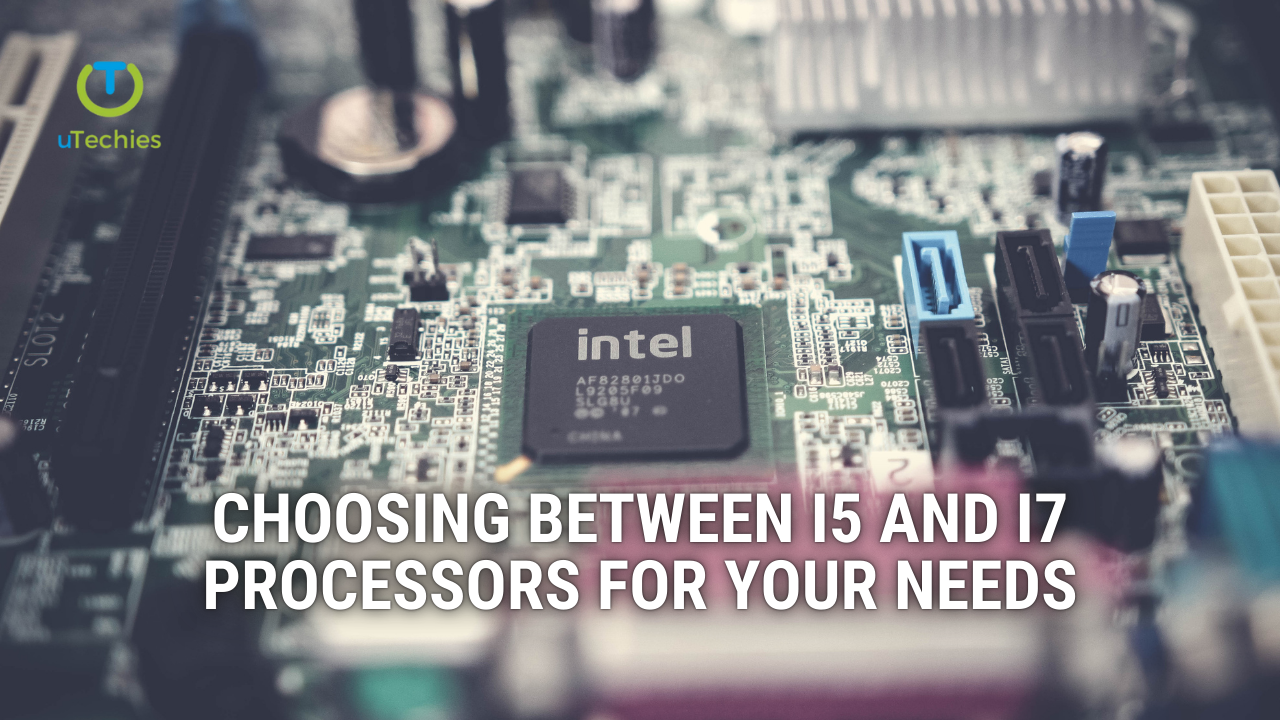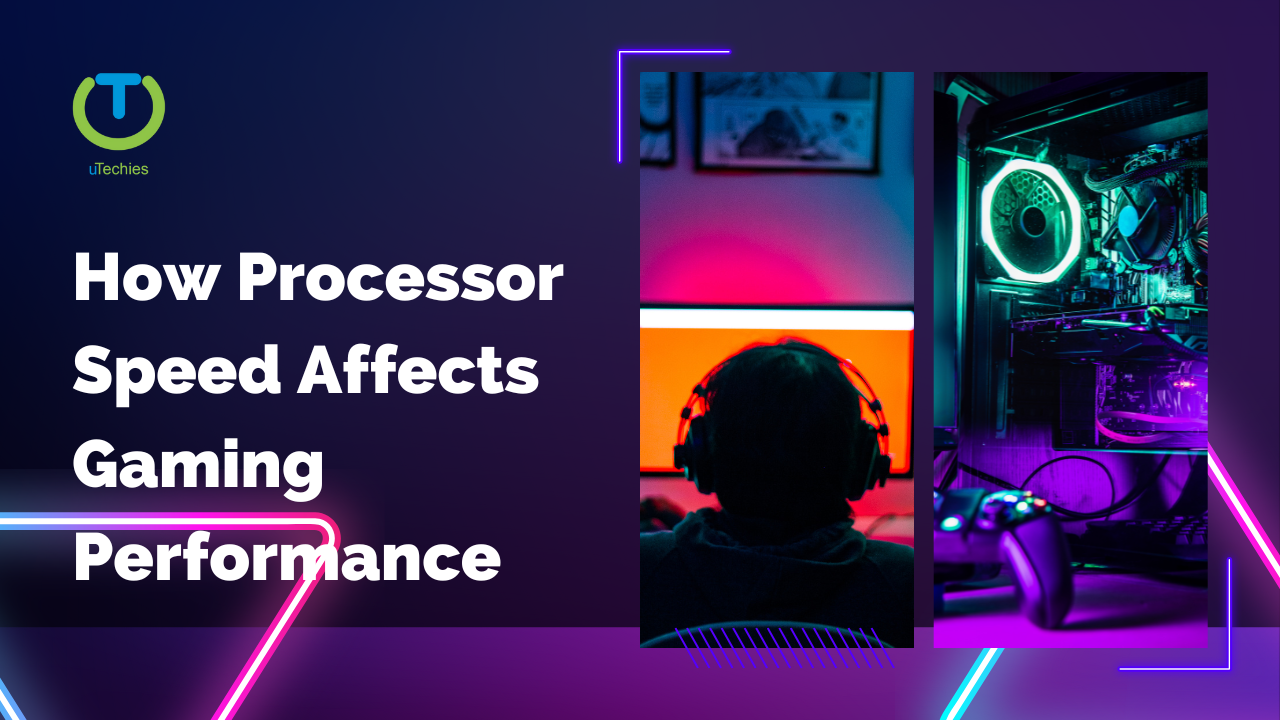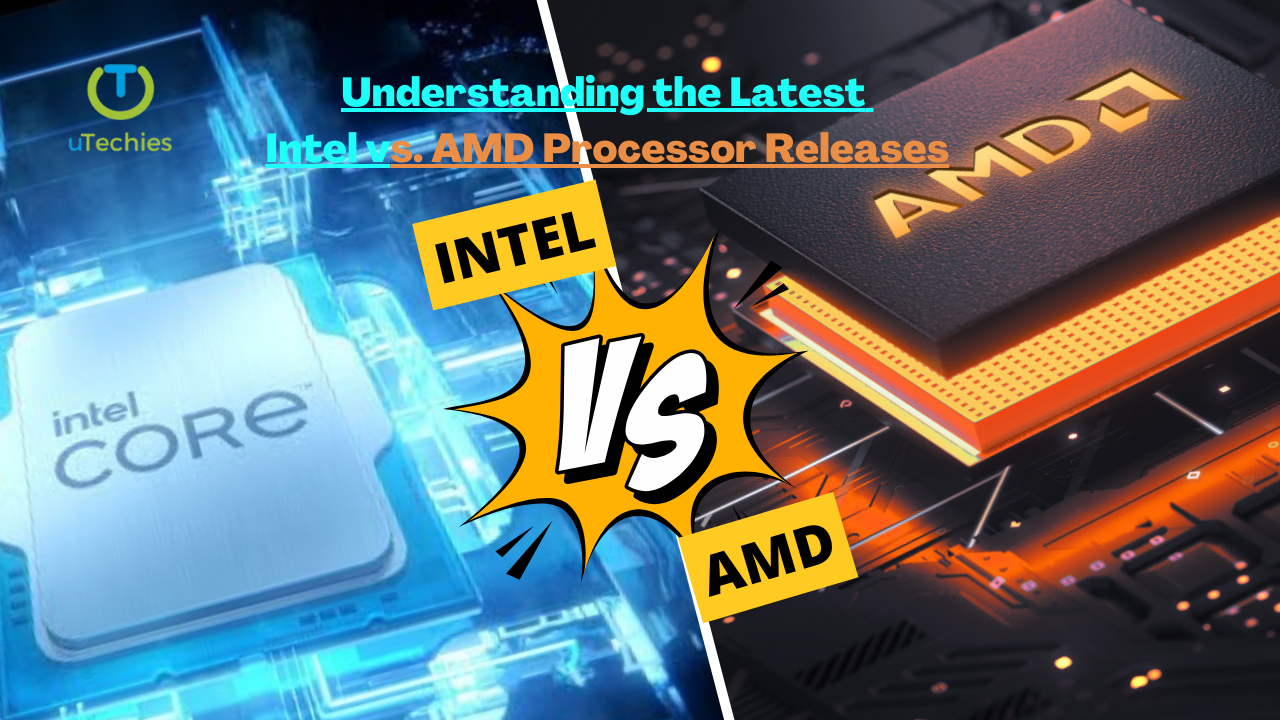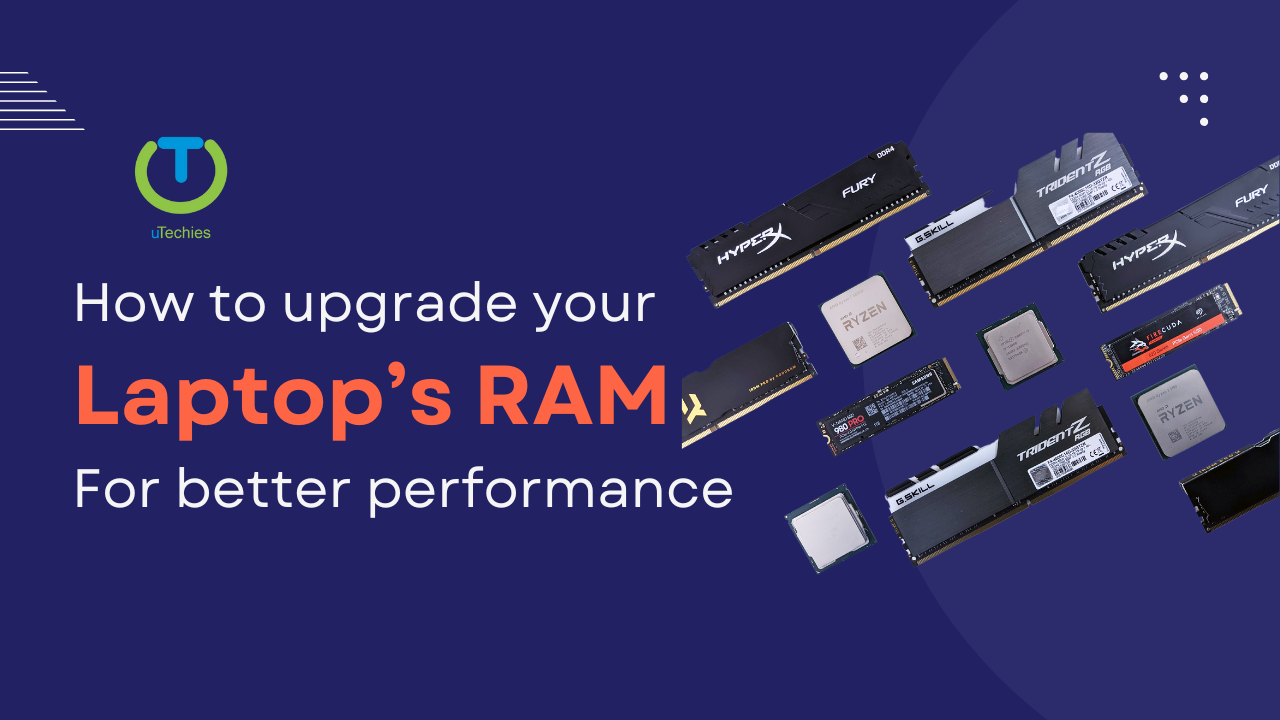Intel has established itself as a major force in artificial intelligence (AI) and machine learning (ML), utilizing its expertise in semiconductor technology to create state-of-the-art hardware and software solutions. This article delves into Intel’s contributions to AI and ML, emphasizing its specialized processors, software innovations, and their applications across diverse sectors.
Intel’s AI-Centric Hardware
Intel has transitioned from its traditional reliance on general-purpose CPUs to designing hardware specifically optimized for AI workloads. Key developments include:
1. Xeon Scalable Processors
The third-generation Xeon Scalable processors are engineered to boost AI performance significantly. Featuring Intel Deep Learning Boost technology, they deliver up to 60% higher AI performance compared to earlier versions, enabling organizations to seamlessly run AI and conventional applications on the same infrastructure.
2. Gaudi AI Training Chips
Through its acquisition of Habana Labs in 2019, Intel introduced Gaudi AI processors. These chips are designed to efficiently train deep learning models, particularly in large-scale cloud environments, reaffirming Intel’s focus on AI acceleration.
3. Neuromorphic Computing with Loihi
Intel’s Loihi chips replicate the structure of the human brain, enabling efficient and adaptable computing. The second-generation Loihi 2 chip offers significant improvements in processing speed and flexibility, paving the way for breakthroughs in real-time learning scenarios.
4. Field-Programmable Gate Arrays (FPGAs)
Intel’s acquisition of Altera in 2015 brought FPGAs into its portfolio, offering customizable platforms for AI acceleration. The Stratix 10 NX FPGA is particularly well-suited for AI inference tasks, especially in power-sensitive edge computing environments.
Advanced Software for AI
In addition to hardware, Intel has invested heavily in software tools that optimize popular AI frameworks like TensorFlow and PyTorch. The OpenVINO toolkit simplifies the deployment of computer vision models across various Intel platforms, driving adoption in industries such as healthcare and retail.
Intel’s AI Solutions Group further enhances its offerings by embedding intelligent algorithms into products, dynamically improving performance and extending battery life. This integration has resulted in up to 40% performance gains for specific tasks and improved battery efficiency by 5% in mobile devices.
Transformative Industry Applications
Intel’s AI technologies have had a profound impact across multiple industries:
1. Computer Vision
With processors that efficiently handle visual data, Intel supports applications like object detection and facial recognition. The OpenVINO toolkit enhances these capabilities, enabling smooth deployment of AI models across a range of hardware configurations.
2. Natural Language Processing (NLP)
Intel’s high-performance processors simplify the training and deployment of large language models, which are integral to NLP applications such as chatbots and language translation tools.
3. Autonomous Driving
Intel’s acquisition of Mobileye has strengthened its position in the autonomous driving space. Mobileye leverages AI and computer vision to power advanced driver assistance systems (ADAS), aiding vehicles in navigating complex environments safely.
Looking Ahead
Intel continues to push the boundaries of AI innovation through initiatives like Project Athena, which encourages the creation of hardware designed for next-gen technologies, and the AI Everywhere program, which promotes AI adoption within its operations by providing training and resources to employees.
By combining cutting-edge hardware with advanced software solutions, Intel remains at the forefront of AI and machine learning. With a strong commitment to research and development, the company is poised to deliver groundbreaking advancements that will shape the future of these transformative technologies.

